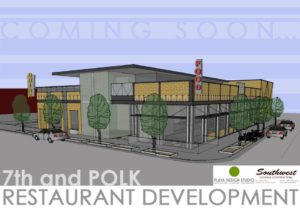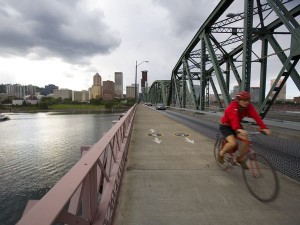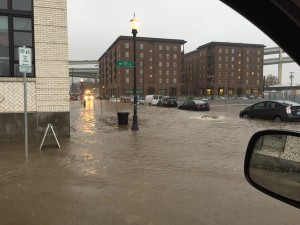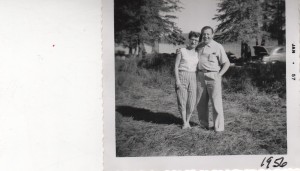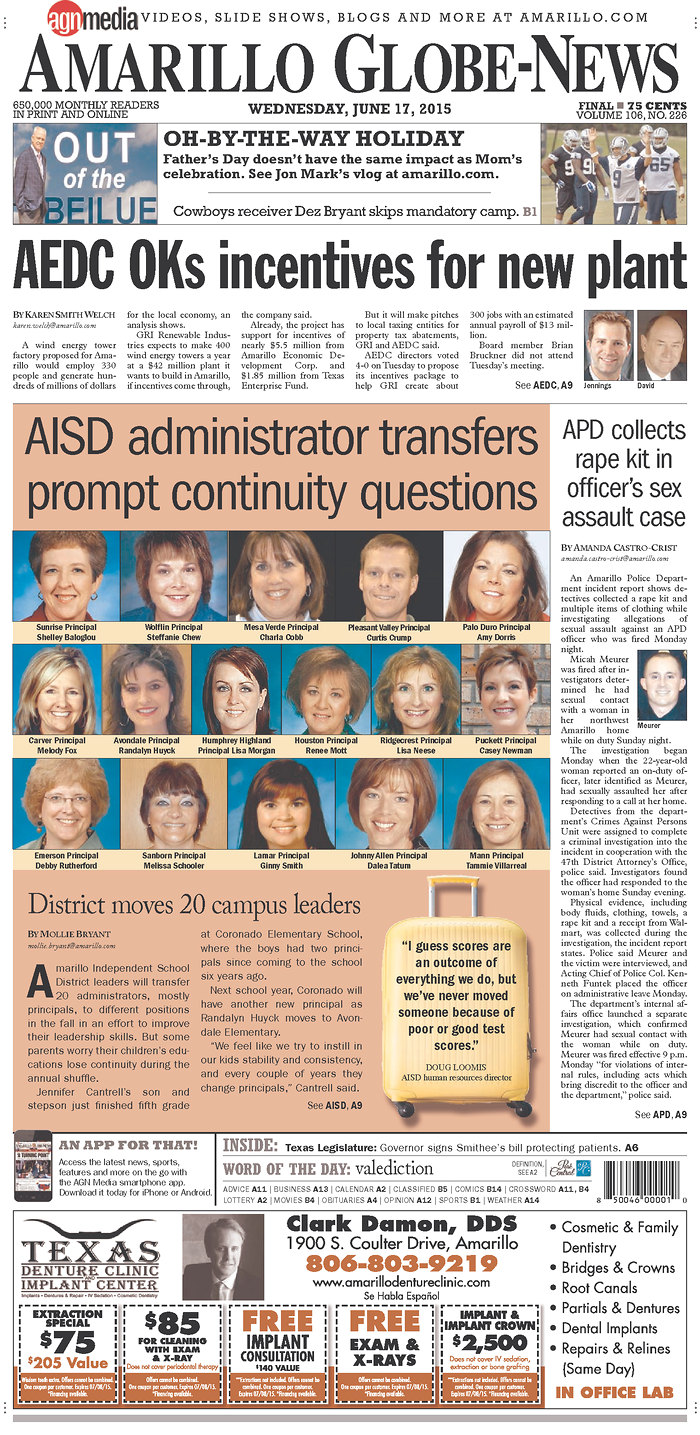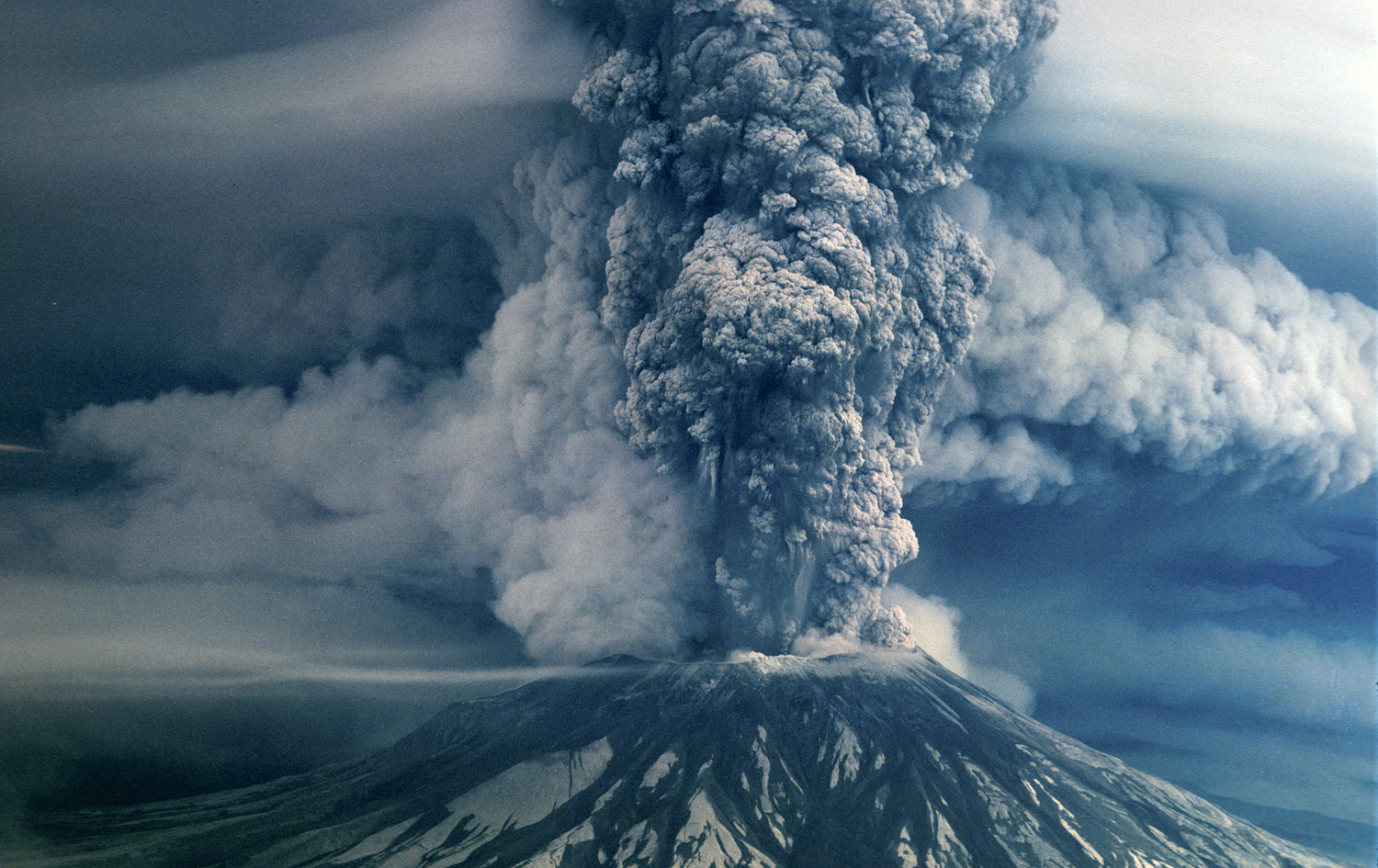PORTLAND, Ore. — This picture is of a building that in its day was considered a state-of-the-art, never-to-be-duplicated sports and entertainment venue.
I have so many memories of this place. It was built in 1960. Its cost was — get ready for this — $8 million. Think of that. Eight million bucks today perhaps wouldn’t pay for rest-room upgrades today.
It was called the Memorial Coliseum. It became known colloquially as the Glass Palace. It was home for many years to a minor-league hockey team, the Portland Buckaroos. Then the National Basketball Association started looking around for a place to install an expansion franchise. In 1970, the Trail Blazers started playing hoops in the place.
Where is this blog going? I’m taking in two directions at once.
First, some of the Trail Blazers came back to Portland this week to celebrate the 40th anniversary of the team’s only NBA championship. Bill Walton came; so did Larry Steele, Bobby Gross, Lloyd Neal and many of the rest of them were here to celebrate.
So many memories of that era. My bride and I used to go to those early Blazers games. We would plunk down $2 each for a ticket, which were discounted by half for students; we’d sit through the first quarter of a game and then gravitate to the empty seats nearer to courtside to watch the rest of the game.
Ah, yes. The memories.
I watched my first rock concert, with my sister, in August 1965 in that building. A British band came to play: The Beatles. Mom scored two front-row seats for sis and me. We listened — as best we could over the din of screaming fans, my sister included — to a 30-minute show by John, Paul, George and Ringo. Then they were gone.
The memories.
The second direction?
The Blazers abandoned the Coliseum in 1995 to play their home games in a fancy new venue, the Rose Garden, now has a corporate name: Moda Center. It seats nearly 20,000 fans, compared to the 12,600 or so seats in the Coliseum. It’s got those fancy corporate suites and, oh yes, the fans pay an arm and both legs for seats to watch the Trail Blazers.
What would they do with the Coliseum? Some folks here wanted to tear it down to make room for better vehicular access. Others wanted to preserve it.
The preservations apparently have won out.
The building now carries the name “Veterans Memorial Coliseum.” That’s brilliant! Why? Because the building was erected in 1960 to honor the veterans of World Wars I and II and the Korean War. It didn’t have the name displayed so outwardly for all those decades.
It does now. Which is why — in my view — the building is standing to this day. They aren’t going to destroy a structure that honors our veterans. They wouldn’t dare!
It gladdens my heart because of the tribute it pays to our vets — thank you very much for that — and for keeping alive the memories I have kept for so many years.
Well done, Portland!

